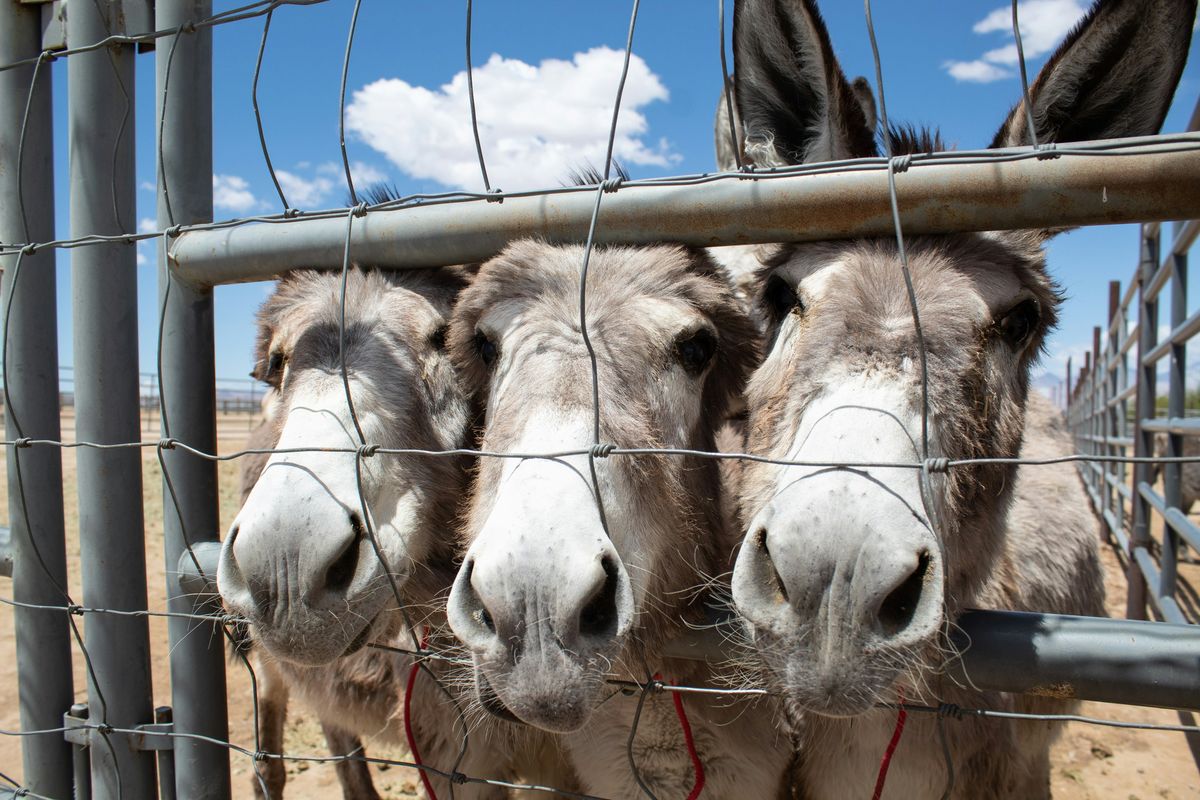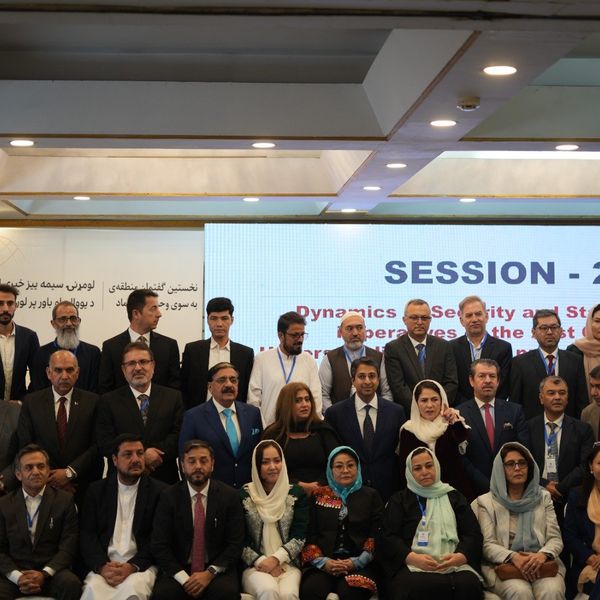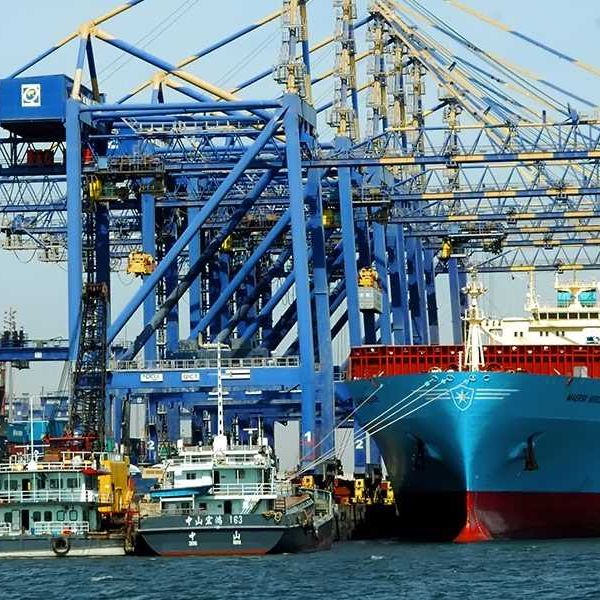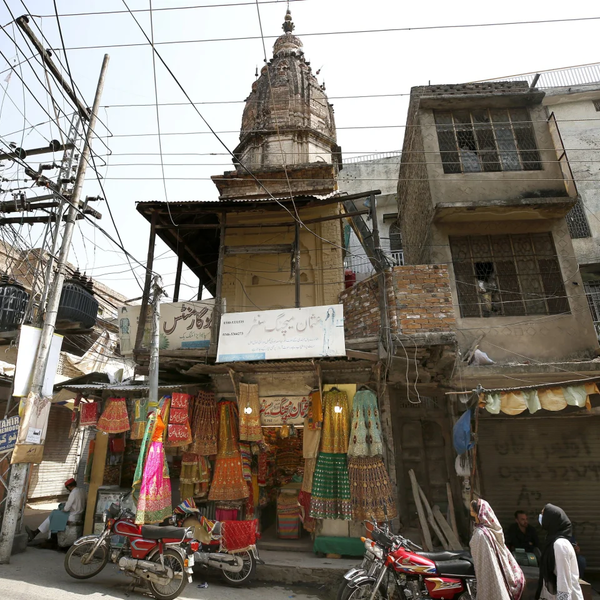Pakistan allows exports of donkey hides after a decade
The hides are in high demand in East Asia, particularly China
Business Desk
The Business Desk tracks economic trends, market movements, and business developments, offering analysis of both local and global financial news.

The ban was imposed in 2015 amid rising concerns about animal welfare and illegal slaughtering practices
Pakistan has lifted a nearly decade-old ban on the export of donkey hides, allowing conditional shipments through approved facilities, according to a notification issued by the Ministry of Commerce.
The decision reverses a 2015 ruling by the Economic Coordination Committee (ECC) of the federal cabinet to ban the export of donkey hides amid rising concerns about animal welfare and illegal slaughtering practices.
According to the notification, only hides processed at registered and approved abattoirs located in the economic zone in the southern city of Gwadar will be eligible for export.
The Ministry of Commerce stated that the move is aligned with existing export protocols with China, where demand for donkey hides — used in traditional Chinese medicine and cosmetic products — has remained strong.
Officials said exports will be strictly monitored under the same protocols already established for the export of donkey meat and hides to China. These protocols are aimed at ensuring traceability, hygiene, and humane treatment of animals.
“Only donkeys sourced from approved breeding farms will be permitted for use,” said a market observer. “The Ministry of National Food Security will oversee all matters related to the disposal of donkey meat and hides.”
'Calculated move'
In September 2015, the ECC imposed a blanket ban on donkey hide exports amid reports of unregulated slaughter and smuggling. The move was aimed at curbing a shadow trade driven by surging demand in East Asia, particularly China, where donkey-derived gelatin — Ejiao — is a prized ingredient.
Animal rights groups and agricultural economists had welcomed the ban at the time, citing the risk of depleting the country’s donkey population, which plays a crucial role in Pakistan’s rural transport and small-scale farming sectors.
The new policy, however, reflects a shift toward regulated commercial trade and economic utilization of livestock byproducts, particularly in Special Economic Zones like Gwadar.
A Lahore-based livestock trade analyst said the decision to lift the ban is a “calculated move” to “formalize what has long been an underground industry”.
“As long as the government enforces strict traceability and animal welfare standards, the policy could open up a new export stream without harming local rural economies.”
He added that the global demand for alternative gelatin sources is growing, and Pakistan’s decision to channel exports through the Gwadar Free Zone may give it a competitive edge under Belt and Road-linked trade routes.
China, where the demand for eijao is high, has reportedly expressed interest in establishing donkey farms in Pakistan.
Earlier this year, Vice President of China’s Donkey Industry Zhao Fei met National Food Security and Research Minister Rana Tanveer Hussain in Islamabad to discuss a proposal regarding setting up farms in the Gwadar Export Processing Zone, where slaughterhouses and export facilities would also be developed to enable the export of donkey meat to China using the Gwadar Port.










Comments
See what people are discussing